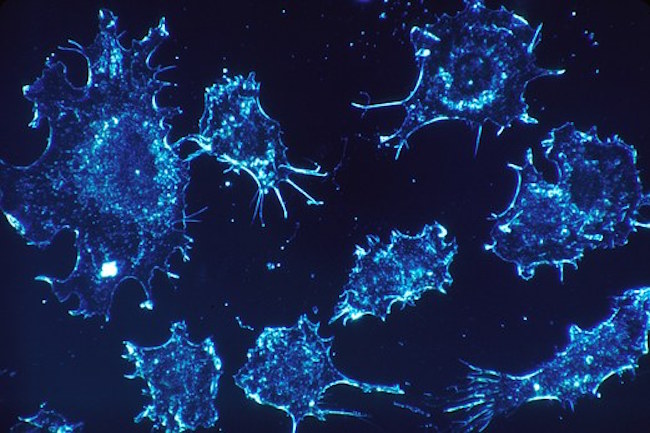For millennials, cancers fueled by obesity are on rise, study says by Erin Elizabeth for Health Nut News
Millennials are on their way to being one of the heaviest generations on record and now a new study published in The Lancet Public Health has found that “cancers fueled by obesity”1 are rising among young adults in the U.S. and “appearing at increasingly younger ages.”1 While not all obesity is caused by diet, there are many diseases that can cause obesity that themselves have a food component.
The study examined data on 12 obesity-related cancers between 1995 and 2014, as well as 18 common cancers not associated with weight, and found a disturbing trend among adults age 24 to 49.
“‘The risk of cancer is increasing in young adults for half of the obesity-related cancers, with the increase steeper in progressively younger ages,’ said co-author Ahmedin Jemal, who is the vice president of the Surveillance and Health Services Research Program for the American Cancer Society.
‘The findings from this study are a warning for increased burden of obesity-related cancer in older adults in the future,’ said Jemal, ‘potentially halting or reversing the progress achieved in reducing cancer mortality over the past several decades.’”1
The six obesity-related cancers, that have typically shown up in people in their 60s and 70s, showed startling increases among younger adults (at a time when “overall cancer incidence is decreasing in males and stabilizing in women in the US,”): 1
- colorectal- the risk is now double the rate baby boomers had at the same age
- kidney
- endometrial- the risk is now double the rate baby boomers had at the same age
- pancreatic- typically diagnosed in people over age 65, the analysis found the average annual increase for pancreatic cancer was 4.34% for ages 25 to 29, 2.47% in people aged 30 to 34, 1.31% for those in the 35 to 39 age bracket, and only 0.72% in those aged 40 to 44 years.
- gallbladder- the risk is now double the rate baby boomers had at the same age
- multiple myeloma (a cancer of the bone marrow)
In contrast, rates in successive younger age brackets declined or stabilized in all but two of 18 non-obesity related cancers, including smoking-related and infection-related cancers. The two cancers not associated with obesity that rose in the younger age groups were gastrointestinal cancer and leukemia, a blood cancer.




